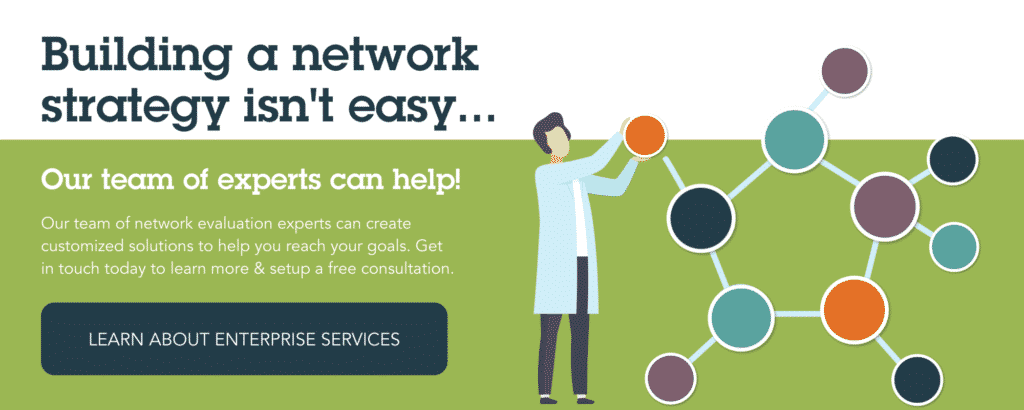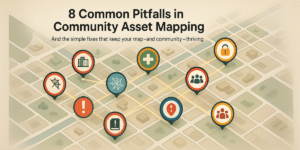
Theory of Collaborative Policy Networks: Identifying Structural Tendencies
Support for the “democratization of the policy sciences” has led to the development of a number of frameworks and theories to enhance the normative, multidisciplinary approach to policy analysis. However, this approach has been challenged for failing to produce the objective empirical and normative standards implied by its scientific aspirations. One consideration that has been advanced under a variety of rubrics is “participatory policy analysis.”
This is a methodological proposal that expands the range of actors/stakeholders involved in the making and execution of public policy in a discursive or deliberative mode. While much of the research on policy networks is focused on the management and coordination of such networks (i.e., collaborative management), there is little attention on analysis of networks as a participatory policy analytical approach.
We propose a theory of “collaborative policy networks” that examines not only the stakeholder composition of a group or the partnerships between any two stakeholders but also the way these stakeholders are embedded in various degrees of institutionalized structure and the discursive tendencies of exchange among them that leads to policy initiative, implementation, evaluation, and possibly termination. Collaborative policy networks are characterized by discursive properties, specifically reciprocity, representation, equality, participatory decision making, and collaborative leadership.
We suggest that the results of such research can identify structural signatures of collaborative policy networks that serve as “stamps” of the common nature of such networks that, if fostered, can inform and improve the attempt of networks of partners to achieve policy goals. Read the full paper below or download it to use for non-commercial purposes. Looking for more network science research? Visit our Research Page or our full Network Resource Library.





